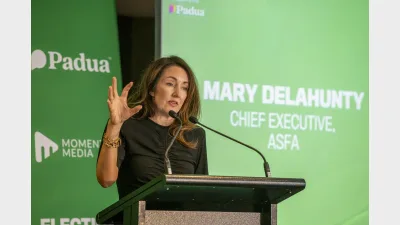Choice both clunky and costly
Choice of fund may have proved a boon for employees as they search for better returns, but it has also proved an administrative nightmare for employers and for superannuation funds, according to new research released by Ernst & Young and SuperChoice.
The research has revealed that all stakeholders in the choice of fund equation are hindered by inefficiencies within the super system, with the result that costs are substantial and increasing rapidly.
Commenting on the research findings, Ernst & Young Partner Graeme McKenzie said that while some of the consumer benefits of choice of fund were being realised, the administration of choice was made costly and difficult by ad-hoc and time consuming manual processes.
“These are the hidden costs,” he said. “Employees are overwhelmed by the complexity of information about their super fund, while employers are struggling to keep on top of their regulatory responsibilities and the varied administrative requirements of different funds.”
McKenzie said there was also the reality that some funds were challenged by manual transactions, incomplete or incorrect information from members and employers and the manual processing of cheques.
He said the research suggested that the current cost to participants of administering choice of fund was in excess of $130 million for the 10 per cent of the working population who had exercised choice.
Recommended for you
Aware Super has made a $1.6 billion investment in a 99-hectare industrial precinct in Melbourne’s North which, the fund clarified, also houses the nation’s first privately funded open-access intermodal freight terminal.
ASFA has affirmed its commitment to safeguarding Australia’s retirement savings as cyber activity becomes an increasing challenge for the financial services sector.
The shadow treasurer is not happy with the performance of some within the super sector, telling an event in Sydney on Thursday that some funds are obsessed with funds under management, above all else.
As the Australian financial landscape faces increasing scrutiny from regulators, superannuation fund leaders are doubling down on their support for private markets, arguing these investments are not just necessary but critical for long-term financial stability.












